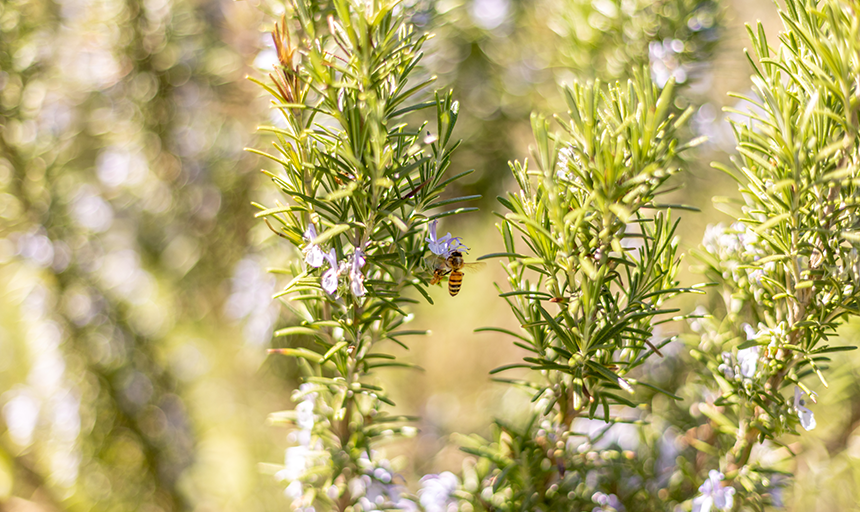Environmental Studies
Available as a major or minor
Environmental studies is an interdisciplinary, community-engaged program crossing the bounds of the humanities, natural sciences and social sciences.
As an environmental studies major, you’ll investigate pressing domestic and global environmental problems, gain insight into your relationship with nature, and develop the skills needed to create a more sustainable and just future. In addition to exploring and studying Virginia’s forests, mountains and rivers, you’ll be engaged in the community and will learn how to make a difference and become an effective problem-solver.
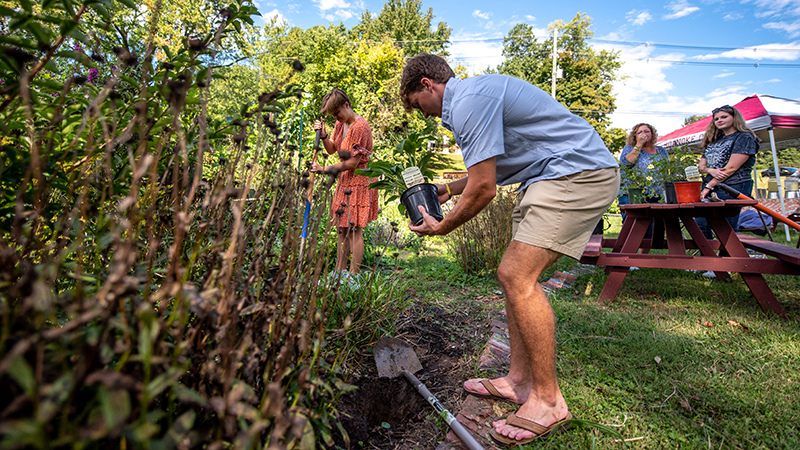
Curriculum & Courses
Student Experiences
What Makes Roanoke Different?
Learn by Doing
Careers & Outcomes
Faculty
News
Find Us on Social
-
Come join RC Sustain, a meeting of staff, faculty, and students, in which we discuss how to make our campus more sustainable!
- Date:
- February 24, 2026
- Time:
- 12 - 1 p.m.
- Location:
Lucas 125

-
This interactive workshop, the first of a two-part event, is intended to train researchers to better communicate their work with people outside of their field. Folks from all programs are encouraged to attend!
- Date:
- March 27, 2026
- Time:
- 4 - 6 p.m.
- Location:
Antrim Chapel


 Roanoke College has several student-run
Roanoke College has several student-run 
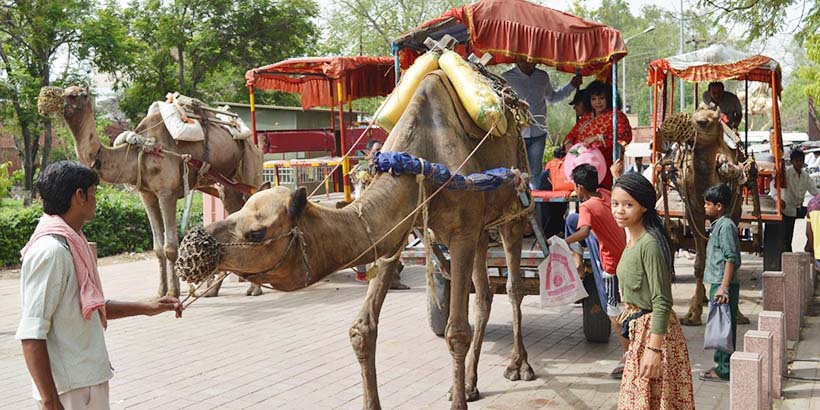
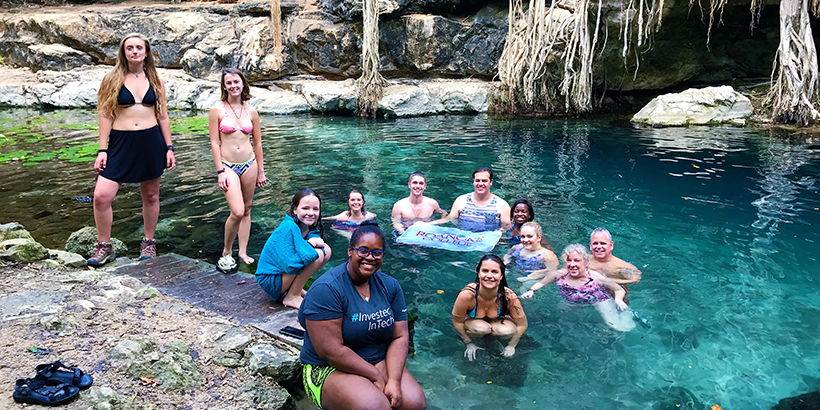

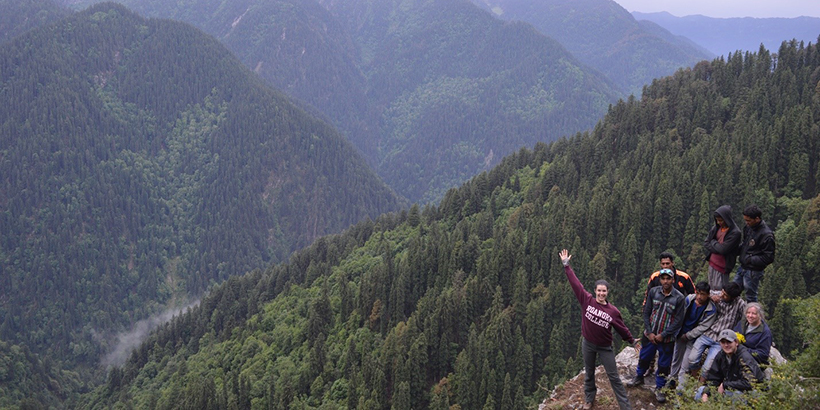
 We have great relationships with many conservation-focused organizations in the valley, and we help students find internships that align with their interests. Recent examples include:
We have great relationships with many conservation-focused organizations in the valley, and we help students find internships that align with their interests. Recent examples include: Josef Simme ’18 always knew he wanted to work in the environmental field. After graduation, his dedication paid off, and he took a job as an Environmental Compliance Review Specialist with the Federal Emergency Management Agency. Working with FEMA has fueled Simme’s passion for the environment. He has discovered a desire to help those struggling after the devastation of a natural disaster. He was recently chosen to be the lead for FEMA’s invasive species implementation project and is working toward better informing the public about the dangers of the spread of invasive species.
Josef Simme ’18 always knew he wanted to work in the environmental field. After graduation, his dedication paid off, and he took a job as an Environmental Compliance Review Specialist with the Federal Emergency Management Agency. Working with FEMA has fueled Simme’s passion for the environment. He has discovered a desire to help those struggling after the devastation of a natural disaster. He was recently chosen to be the lead for FEMA’s invasive species implementation project and is working toward better informing the public about the dangers of the spread of invasive species. Mackay Pierce, an environmental studies major from Bristol, Tennessee, interned with the Advocacy Corps of the Friends Committee on National Legislation, a Quaker-based group. As a grassroots lobbyist, his primary role was facilitating meetings between community members and students with legislators to discuss climate change issues. Putting his passion for the environment to work, Pierce met with a variety of legislators, including the staff of both U.S. Senators from Virginia.
Mackay Pierce, an environmental studies major from Bristol, Tennessee, interned with the Advocacy Corps of the Friends Committee on National Legislation, a Quaker-based group. As a grassroots lobbyist, his primary role was facilitating meetings between community members and students with legislators to discuss climate change issues. Putting his passion for the environment to work, Pierce met with a variety of legislators, including the staff of both U.S. Senators from Virginia. Whether your goal is to be out in the field or to make a difference in government or the business world, faculty members will prepare you for your future. Through independent study and research opportunities, you’ll work alongside faculty and get firsthand experience. Our faculty members are experts on environmental justice, sustainability, water and soil quality, environmental policy, conservation science and more. Their community ties help students connect with local organizations and get them into the real world where they can learn how to make an impact long before graduating.
Whether your goal is to be out in the field or to make a difference in government or the business world, faculty members will prepare you for your future. Through independent study and research opportunities, you’ll work alongside faculty and get firsthand experience. Our faculty members are experts on environmental justice, sustainability, water and soil quality, environmental policy, conservation science and more. Their community ties help students connect with local organizations and get them into the real world where they can learn how to make an impact long before graduating.

